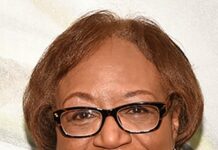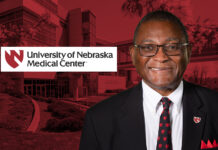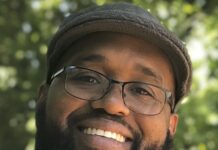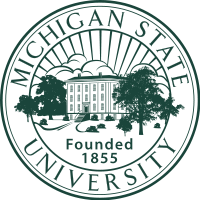 Michigan State University has partnered with Medgar Evers College, a predominantly Black educational institution in Brooklyn, New York, to recruit more students from underrepresented groups and fill the growing demand for trained foresters in the United States. According to the Census Bureau, 95 percent of foresters and conservation scientists are White.
Michigan State University has partnered with Medgar Evers College, a predominantly Black educational institution in Brooklyn, New York, to recruit more students from underrepresented groups and fill the growing demand for trained foresters in the United States. According to the Census Bureau, 95 percent of foresters and conservation scientists are White.
“This partnership will increase diversity within MSU and the forestry profession,” said David Rothstein a professor in the university’s department of forestry, who is leading the partnership. “It also will provide an opportunity for MEC environmental science students to capitalize on growing public and private sector demand for trained foresters.”
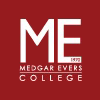 Through a new 3+2 program, participating students will spend three years at Medgar Evers College, followed by two years at Michigan State. At the end of the five years, students will have earned a bachelor’s degree in environmental science and a master’s degree in forestry. After arriving at Michigan State, students will also complete a professional internship. The students will pay Medgar Evers College tuition for the first four years and Michigan State University in-state tuition for their final year.
Through a new 3+2 program, participating students will spend three years at Medgar Evers College, followed by two years at Michigan State. At the end of the five years, students will have earned a bachelor’s degree in environmental science and a master’s degree in forestry. After arriving at Michigan State, students will also complete a professional internship. The students will pay Medgar Evers College tuition for the first four years and Michigan State University in-state tuition for their final year.
“MEC is extremely excited about the partnership as it will amplify the professional pipeline toward STEM emerging markets through robust academic and experiential training,” said Christopher Blasaczak-Boxe, the college’s lead official for the 3+2 program. About three quarters of the student body at Medgar Evers College are African Americans.
In the future, Michigan State hopes to develop additional 3+2 programs will Medgar Evers College and other minority-serving institutions.
“The world’s prosperity is tied to our ability to be innovative, creative and to translate good ideas into solutions,” said Thomas Jeitschko, dean and associate provost for graduate education. “This partnership will have a tremendous impact on solving the needs of our communities, improving lives and building our economy.”
